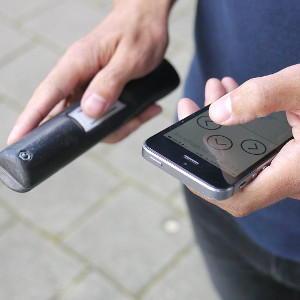
2014
-
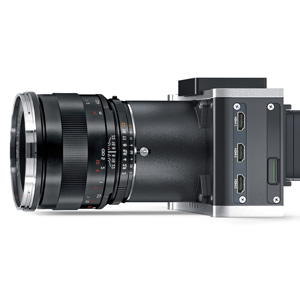
apertus°: An Open, Free Film Camera
An Award of Distinction from the 2012 Prix Ars Electronica was a stepping stone for the further development of the apertus° open-source film camera. Sebastian Pichelhofer relates how the project has progressed since then.
-
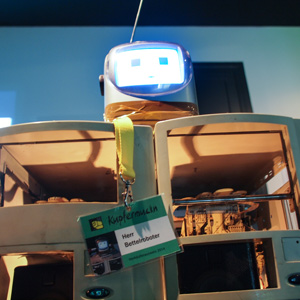
Technology Meets Poverty
Beggar Robot, a social experiment designed to call attention to the problem of poverty, raises money for the homeless by selling Kupfermuckn, a street paper.
-
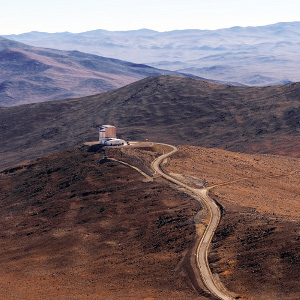
Art and Science
„European Digital Art and Science Network“ is the title of the just launched initiative by Ars Electronica, which aims to combine scientific topics with creative and innovative approaches to digital art.
-
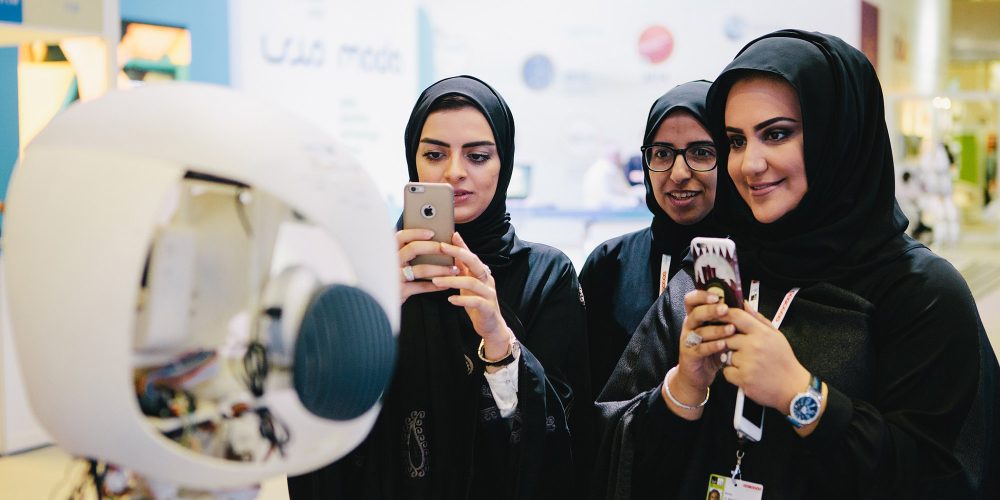
This was the ITU Telecom World 2014
The annual ITU Telecom World took place December 7-10 in Doha, the capital of Qatar. Held at a different venue each year, ITU Telecom provides a global platform for debate and scientific exchange at the highest level in the field of information & communications technology.
-
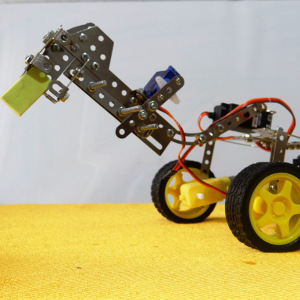
The Art of applying Physics
During ITU Telecom World 2014 Mohammed A. ElRaffie offered workshops for building the world’s simplest robots. The participants experienced for the first time how inspiring their everyday surrounding can be and how simple it is to use commonplace stuff as components to build something new.
-
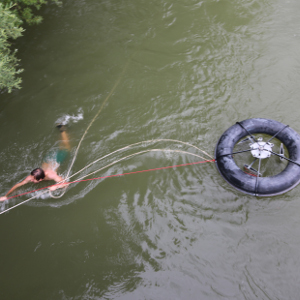
Mobile Hydroelectric Power
One of the creative, future-oriented projects presented in “The Lab” is Rotor, a moderately priced, small, mobile power plant that delivers a “plug-and-play,” instant solution to the problem of providing electricity to regions beyond the grid.
-
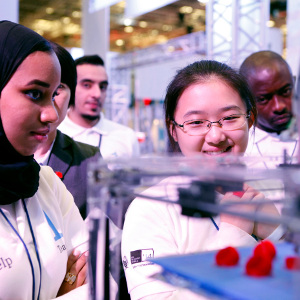
The Lab
On Sunday, December 7 2014, this year’s ITU Telecom World 2014 started in Doha. In the context of an open laboratory situation Ars Electronica Linz and ITU Telecom World 2014 present “The Lab”.
-
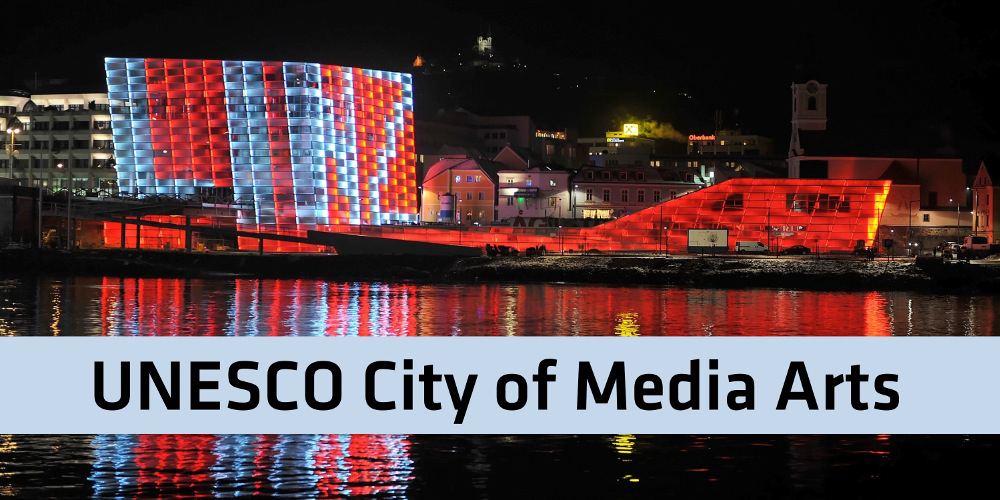
Linz Has Been Named UNESCO City of Media Arts
On December 1, 2014 Linz was incorporated as the City of Media Arts in the Creative Cities Network of UNESCO. We chatted with one of the driving forces behind the effort to bring this about.
-
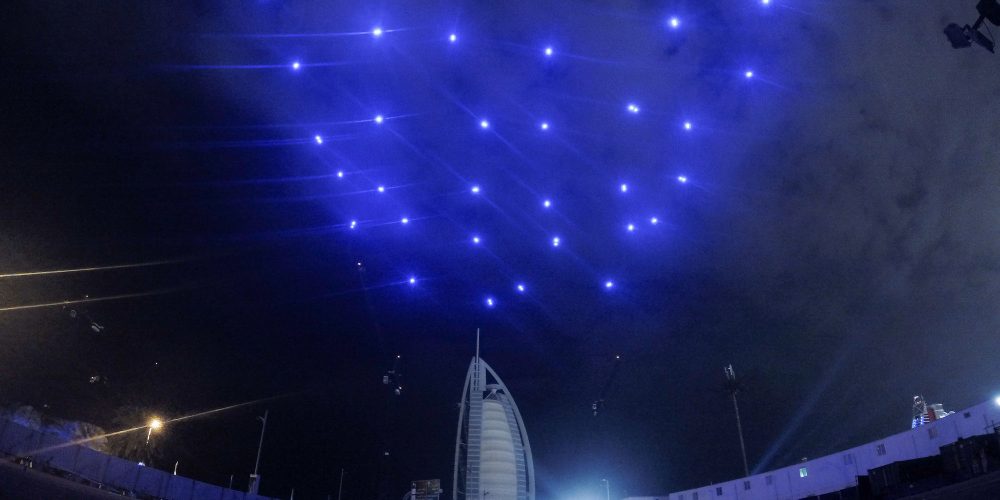
Spaxels in Dubai
Accompany the Ars Electronica Futurelab crew on a business trip to Dubai. At a spectacular nighttime event staged to celebrate the United Arab Emirates’ 43rd National Day on December 1, 2014, the Spaxels, a swarm of LED-equipped quadcopters, got a very enthusiastic reception.
-
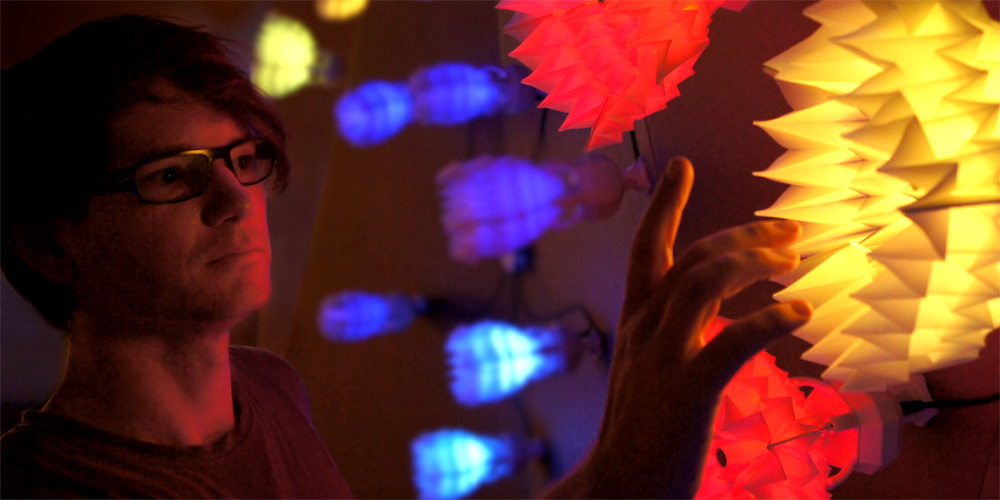
Unfolding Creativity
Paper isn’t the only thing that can be folded. This is the message Matthew Gardiner, artist and team member of Ars Electronica Futurelab, wants to convey. In an interview, he explains why we’ll soon be dealing quite a bit more with folding things.
-
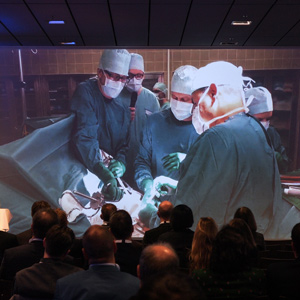
From Operating Room to Conference Hall
A very special highlight kicked off this international surgical congress: Operations being performed simultaneously at three ORs at Linz’s Krankenhaus der Barmherzigen Schwestern (Hospital of the Sisters of Mercy) were broadcast directly to the Ars Electronica Center.
-
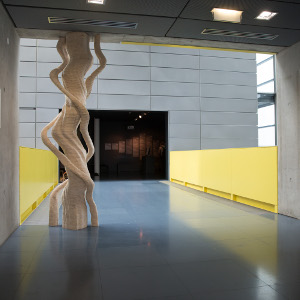
Truths unveiled by time
“Truths unveiled by time”, as Daniel Crooks also likes to call his “Real Imaginary Objects” were shown at the Ars Electronica Festival. For the festival he even created a room-high sculpture out of plywood.
-
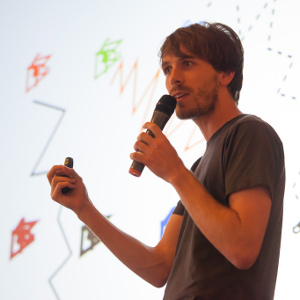
The proximity of science and art
Dr. Tom Melia, theoretical particle physicist at CERN talks about the inspiration he got by the cooperation with the Collide@CERN residency winner Ryoji Ikeda and about what it means to him to be Ikedas inspiration partner.
-
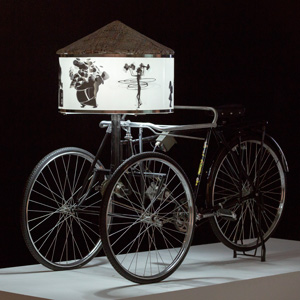
Looking forward with Fake History Machines
Do you remember when movies were run on bicycles? Meet the artist Scott Hessels in this interview about his Device Art that can be seen at the Ars Electronica Center.
-
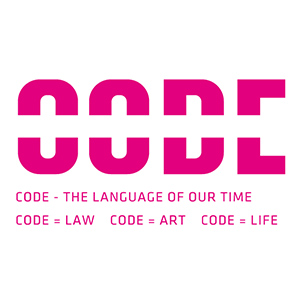
CODE – The Language of Our Time
“The more powerful this technology and the machines are, the more powerful is also the code that drives these machines”. Gerfried Stocker talks about the relationship between code and art.
-
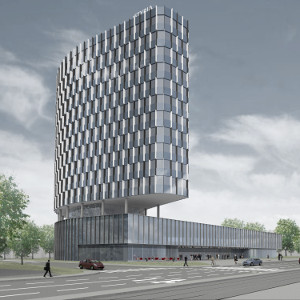
Styriaversum: An Interactive Lobby
Ars Electronica Solutions’ “Styriaversum” concept outshone a field of international competitors and was selected for the makeover of the 390-m2 lobby at Styria Media Group AG’s headquarters into an interactive brandland.
-
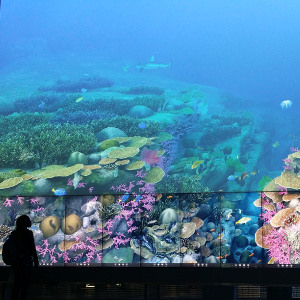
TRANSMIT³ One: art as a collective kind of laboratory
Zachary Lieberman is an artist, researcher and hacker dedicated to exploring new modes of expression and play. At the moment he works for his TRANSMIT³ residency project at Queensland University of Technology.
-
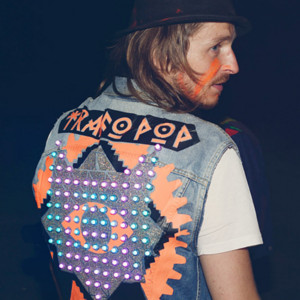
Wearable Electronics: Body-Borne Technology
“We now have the chance to custom-tailor the technology to ourselves instead of the other way around.” Thomas Gnahm, organizer of the Wear it Festival and himself the wearer of an LED jacket, talks about concepts for wearables that will soon be snuggling up to users’ bodies worldwide.
-
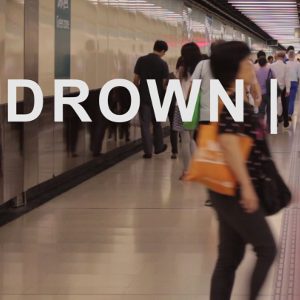
Drown
Already at the 2014 Ars Electronica Festival Chloe Cheuk and Kenny Wong delighted us with their interactive installation Iris. Now under an Artist in Residence program they have born a new idea for another joint project.
-
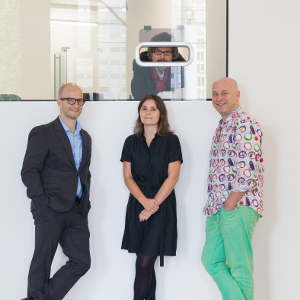
Angewandte Innovation Laboratory
The University of Applied Arts Vienna, partner of Ars Electronica, has launched an Angewandte Innovation Laboratory – an open platform for unconventional exchange among experts in the fields of art, design, science, business and technology.
-
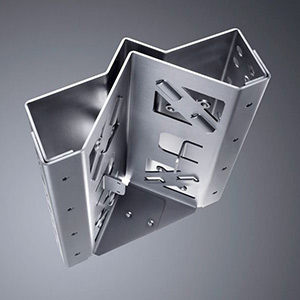
We Shape the World
Sheet metal is a material that plays a pretty pervasive role in everyday life but does so in rather low-key fashion—as housing for electronic devices, for instance, or in the elevators we ride and the cars we drive. In this interview, Harald Böck, product manager at TRUMPF Maschinen Austria, talks about the many uses of…
-
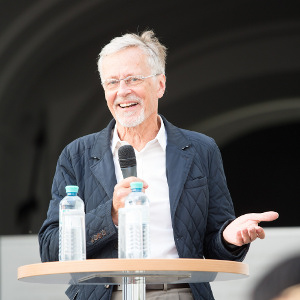
Narratives for Change
Derrick de Kerckhove spoke at the Festival Ars Electronica 2014 about change begins in people’s heads and we need narratives to get this going on. Narratives that update or replace old clichés and outworn patterns of thinking.
-
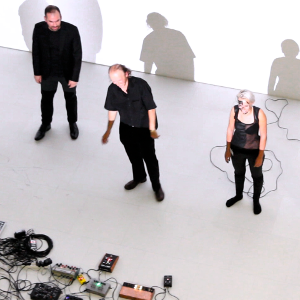
Quadrature
An extraordinary and daring live performance using new technologies by White Sample, raum.null, VeroVisual and voidsignal with technical devices by Michael Platz.
-
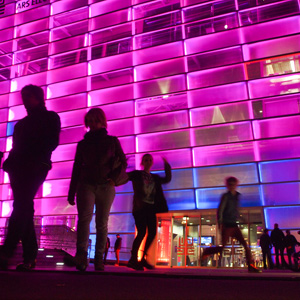
Night at the Museum
Gigapixel images of Paris, the world’s largest jigsaw puzzle and tours of the Museum of the Future by night—here’s a short look back at the Long Night of the Museums in the AEC.
-
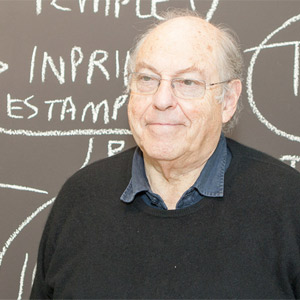
Roy Ascott: “We Should Lead From The Heart”
The British artist, theoretician and visionary thinker’s oeuvre has been a formative influence on the work of many media artists worldwide. In this interview with the recent Golden Nica honoree who’s about to turn 80, Roy Ascott talks about how he connected with Ars Electronica and the dangers threatening those who create interactive art today.
-
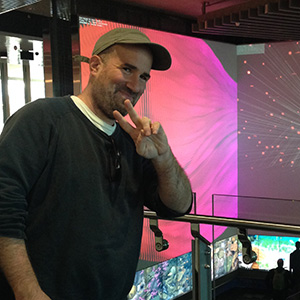
TRANSMIT³ One: The Cube as Window on the University
Scaling and relative dimensions are what Zachary Lieberman is into now. As the first TRANSMIT³ Resident, he’s doing scientific research together with students and presenting the results on The Cube, a jumbo display in Brisbane, Australia.
-
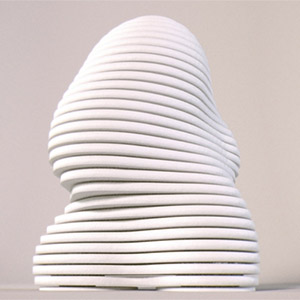
Architecture in Motion
A real celebration of form and geometry—the terms that the 2014 Prix Ars Electronica jury used to describe the animated film entitled “Walking City” couldn’t have been more apt. An interview with Matt Pyke, creative director of Universal Everything, the studio that took home a Golden Nica for their efforts.
